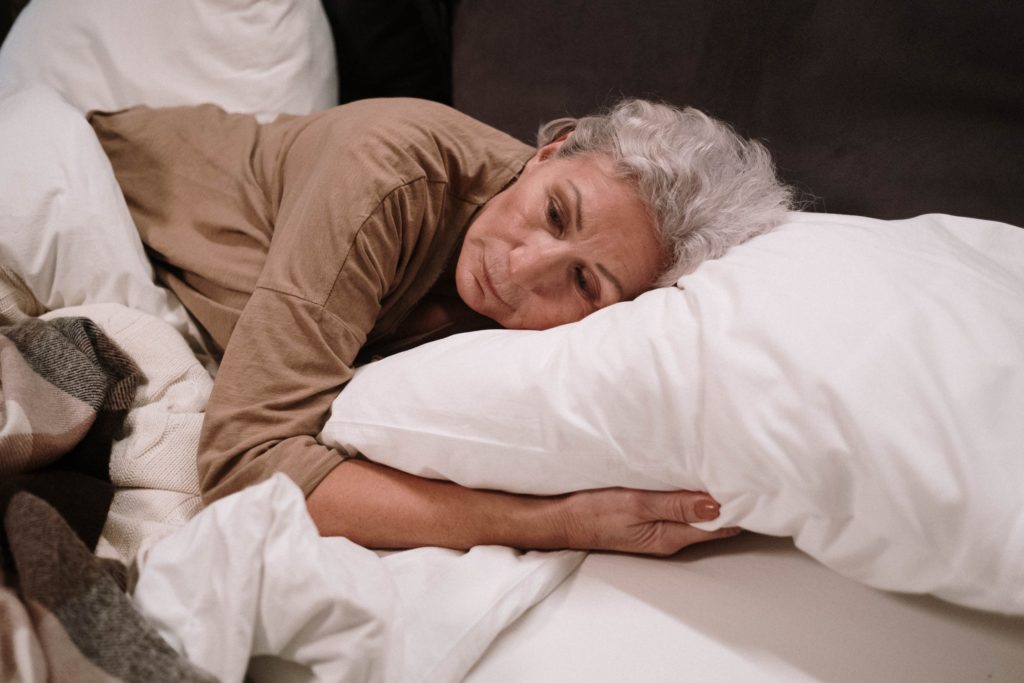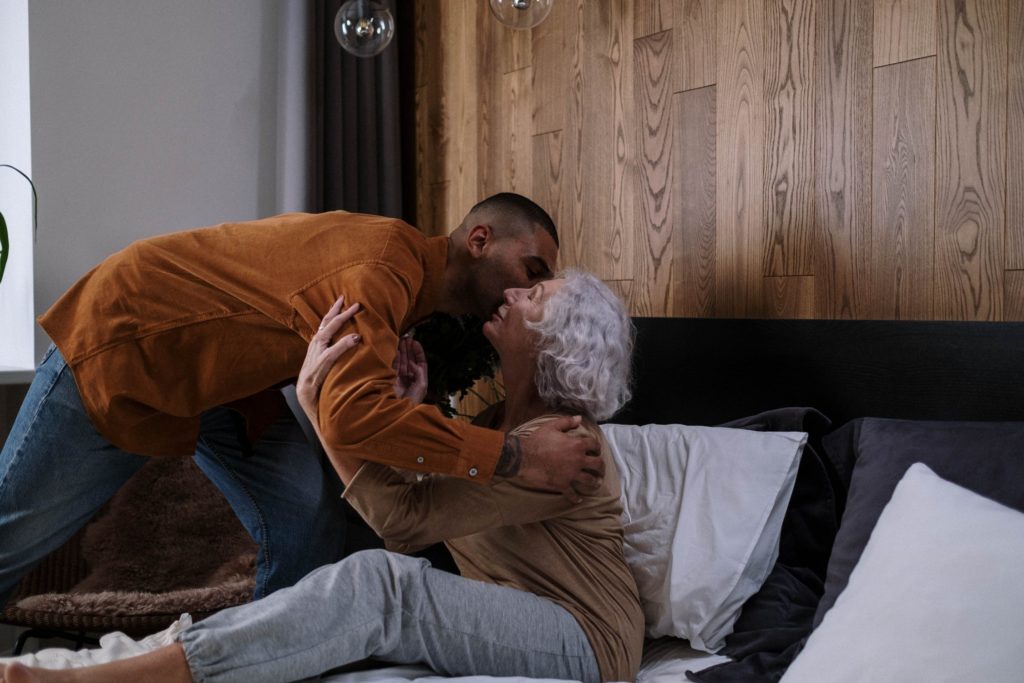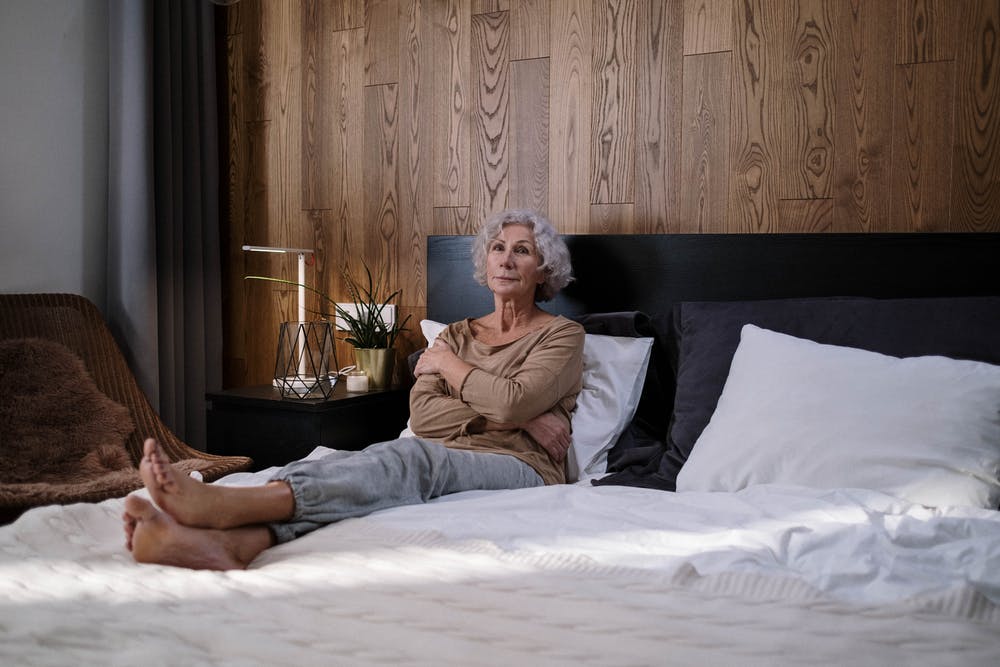As we grow older, our mental functions decline. This can make us more at risk for different psychological disorders. Because of that, home health care in California provides extensive support for their wards who have these.
But you will also play a vital role in helping your elderly loved ones deal with these common mental disorders. Here is how you can manage their condition at home and guide them to a more comfortable life.

The Most Common Mental Disorders Affecting Seniors
According to statistics, about one in four older adults have some form of mental illness. It is worth noting that mental disorders seniors can suffer from are very varied. As such, you need to have your loved one fully assessed to get a proper diagnosis. Nevertheless, here are some of the common conditions that they might encounter.
- Depression: This occurs to about 7% of people aged 60 and above. It is characterized by a prolonged feeling of sadness and loss of interest in different activities.
- Dementia: Affecting 5% of seniors. The illness can manifest as a significant loss of cognitive and thinking function in older adults.
- Anxiety disorder: Happening to 3.8% of seniors. The disease is characterized by a constant fear or dread of things to come.
Aside from these three major disorders, the following are other conditions that can afflict seniors.
- Bipolar disorder
- Personality disorders
- Dissociative disorders
- Post-traumatic stress disorder
- Schizophrenia
- Substance abuse
While they might not be as prevalent as the above three, these common mental disorders can significantly affect your senior loved one’s relationship with others. That can further impact their ability to get quality of life.
The Warning Signs of Mental Disorders In Adults
Because of their impact on your elderly loved one’s well-being, you must manage such illnesses as early as possible. The way these manifest can vary from person to person. However, these are the four warning signs that should alert you about potential illnesses.
Memory Issues
A common misconception that many people have is that memory problems are part of the normal aging process. This can cause people to dismiss potential issues until they are already in the advanced stage.
While there is some memory decline associated with aging, these are often minimal in healthy seniors. Particular signs of memory loss that you need to watch out for include persistently asking the same questions, misplacing belongings, and forgetting dates. Once you see this, schedule them for a cognitive test to determine the extent of the memory loss.
Changes In Personal Care
This sign can be a direct consequence of the above memory issues. A senior might start forgetting the regular personal care routines that they once did. On the other hand, they might suddenly stop doing such routines without any hints.
Whichever is the case, you will start seeing changes in their appearances. Keep in mind that this might be different from person to person. Because of that, you might not immediately notice those changes. Look into their activities to see if there are departures from the usual.
Social Withdrawal
Seniors who have these common mental disorders also show changes in their social behavior. At first, they might refrain from doing the leisurely activities they once did. You would also soon notice that they start disengaging from public engagements. Ultimately, they even start withdrawing from close friends and family.
Changes In Mood
A senior with a mental disorder can have sudden mood swings. They might feel overly happy one moment, then suddenly fall into a depressed state the next. Such mood swings can be hard to predict, making it difficult for you to engage them. They might be temporary. But if they persists for more than two weeks, it can point to a potentially more serious condition.

Seniors And Effective Emotional Management
Effectively Managing Common Mental Disorders At Home
When your loved one is diagnosed with a mental illness, it does not automatically mean that they will be committed to a care facility. Instead, some patients might want to stay at home. According to providers of home health care in California, this can often be a sound choice. Being in a familiar environment can help them better recover and regain their composure.
But if you do opt for this decision, you need to prepare your home to accommodate their condition better. This includes making your place more conducive for them to stay. Here, you need to remove any potential triggers that can aggravate their condition. Their doctor will determine such triggers during diagnosis.
Helping Your Loved Ones Cope With Their Condition
Your most direct help comes in the form of emotional support for your elderly loved ones. Be patient when dealing with their condition. For instance, if they start repeating the same question over and over, be ready to answer. This will assure them that you are not closing your doors on them.
Additionally, you need to avoid being judgemental about their situation. Help them look for a more positive outlook on the situation. You can also encourage your elderly loved one to look for a renewed sense of purpose.
One way to accomplish the above is by entrusting them with a chore. This can be something simple like helping set up the table. You can also provide them with a pet to take care of. This helps them refocus their minds away from potential stressors. It also enhances their mood.
Helping Your Elderly Loved Ones With Their Medication
Depending on their specific mental condition, doctors will prescribe various medications for your loved one to take. However, due to their condition, they might not take these meds as scheduled. Your role would be to remind them to do it regularly. To make it easier, seek the help of a home health care specialist in creating a system for them to follow.
Aside from medications, you will also need to remind your loved ones of any treatment and therapy sessions they have. This particular bit might require some extra care, as they could potentially resist the idea of receiving professional help. Again, be patient in convincing them to follow through with these treatments. But at the same time, you should not force it on them.

Getting Quality Mental Home Health Care In California
Ultimately, if you decide to care for your elderly loved one’s mental condition at home, you still need to get the help of professionals. Amavi has a team of specialists dedicated to mental health care. That includes psychiatrists who can assist in handling your loved one’s specific condition. We also provide companionship services to help them feel more at peace and have someone to talk to. Get all of these when you sign up for the best home health care in California.
